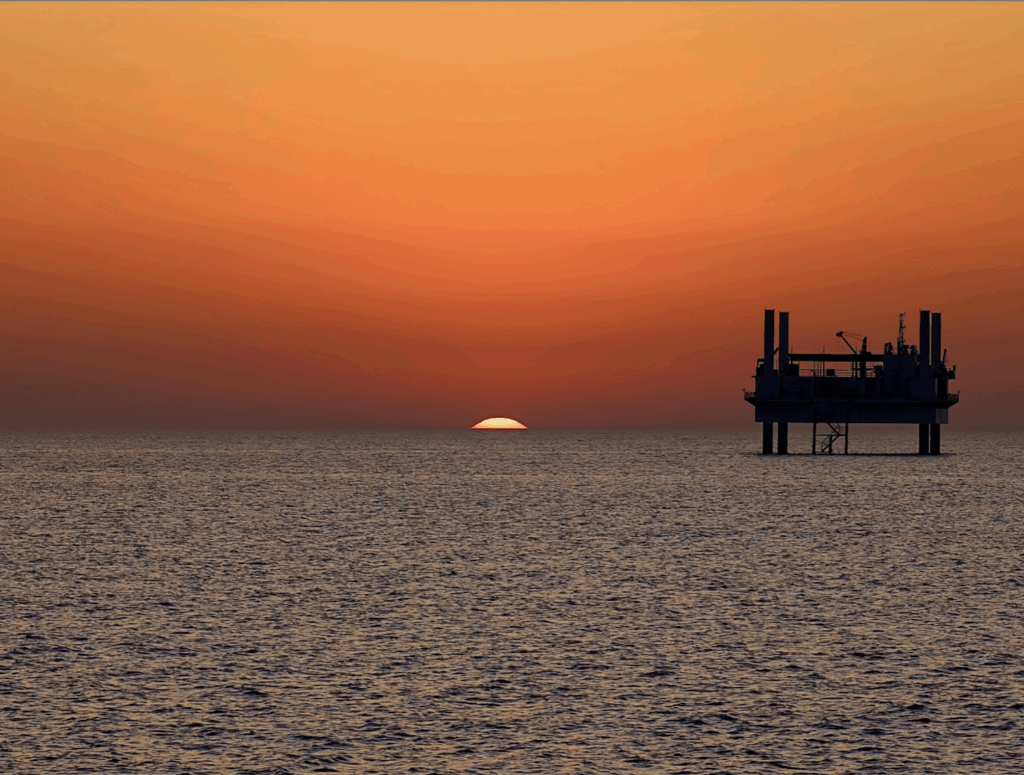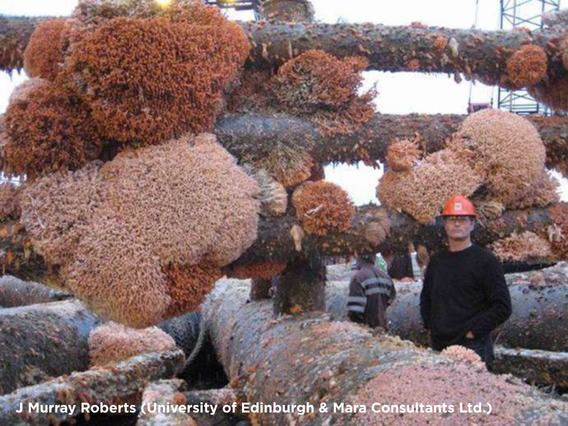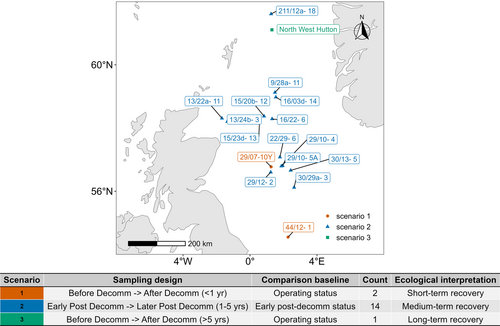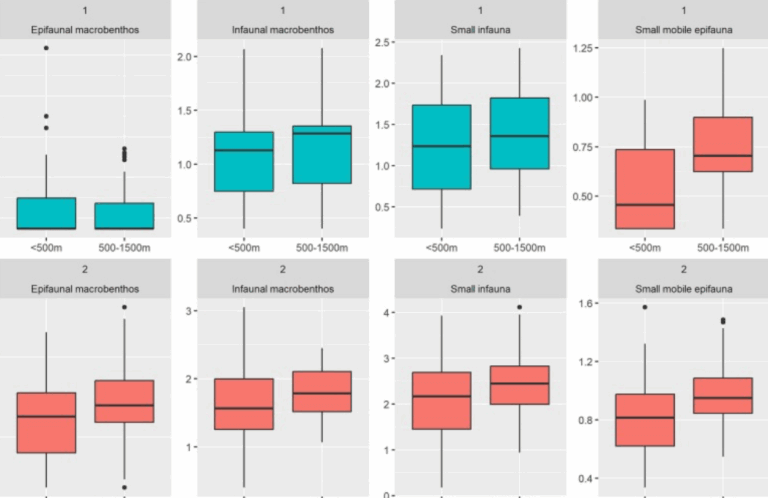
The INSITE Programme was launched in 2014, with the aim of providing stakeholders with the independent scientific evidence-base needed to better understand the influence of man-made structures on the ecosystem of the North Sea.
The first INSITE Call for Proposals led to a Phase 1 research programme consisting of nine projects that concluded in 2017. In 2018, Phase 2 of INSITE was developed in partnership with NERC and CEFAS, providing £5 million and £0.6 million, respectively, to fund seven projects starting in 2020. The supporting industry partnership of North Sea asset operators provide site and data access to the research projects, as well as funding £1.9 million programme management, impact delivery, communications and events (SIME).
Video credit: J Murray Roberts (University of Edinburgh & Mara Consultants Ltd.)
Surrounded by a rich and diverse marine habitat, the UK research and academic community has long been recognised for its world leading contributions across all marine science disciplines.

The latest news and updates from INSITE.

Chen, Z. et al. 16th December 2025

Christopher P. Lynam, Clement Garcia, Zelin Chen, Gareth E. Thomas, Natalie Hicks, Stefan G. Bolam, Debbie J.F. Russell
30th July 2025
We regularly publish updates on the projects that are directly funded by the Programme and other related research. If you would like to be kept up to date, sign up for our Connections newsletter.